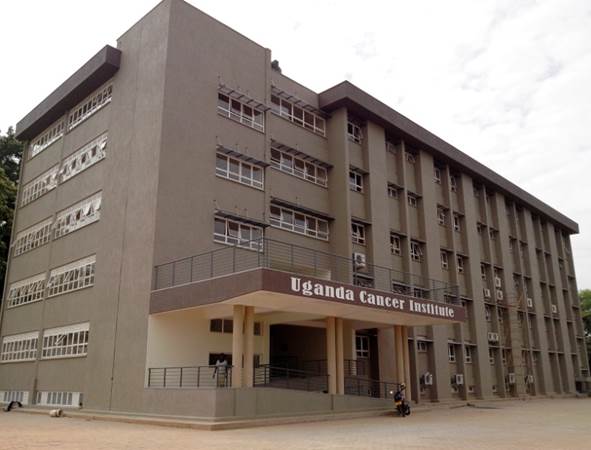As the global community confronts the escalating challenges of climate change, the significance of accurate weather and climate data cannot be overstated. In Uganda, the Uganda National Meteorological Authority (UNMA) stands as a cornerstone in the nation’s efforts to navigate the impacts of a changing climate. However, recent concerns over rationalization threaten to undermine its crucial role, placing Uganda’s resilience and its citizens’ safety at risk.
UNMA serves as the base for weather forecasting, providing invaluable insights that enable preparedness for extreme weather events such as floods and landslides. Without reliable data, predictions become unreliable, endangering lives and property. Moreover, accurate climate data is fundamental for devising strategies to mitigate and adapt to climate change.
The agricultural sector, a backbone of Uganda’s economy, relies heavily on UNMA’s data for planning and decision-making. Farmers, without accurate forecasts, face the risk of crop failures and diminished yields, threatening food security and livelihoods. Similarly, water resource management hinges on UNMA’s insights, essential for averting water scarcity, managing floods and droughts, and maintaining water quality.
UNMA’s data plays a crucial role in ensuring the safety and efficiency of air travel. Without it, the civil aviation sector faces significant challenges, including flight disruptions due to inaccurate weather forecasts, heightened safety risks for passengers and crew members, and increased financial burdens stemming from inefficient flight routing and planning. Reliable weather information provided by UNMA is essential for mitigating these risks, safeguarding lives, and optimizing operational efficiency within the aviation industry.
The Prime Minister’s Office recognizes UNMA’s indispensable role. The Department of Disaster Preparedness and Management, integrates UNMA’s data into disaster response strategies. This collaboration ensures that UNMA’s weather forecasts and early warning systems are effectively utilized to mitigate the impact of disasters and enhance the country’s resilience to natural hazards.
Meanwhile, the Uganda Red Cross Society relies on UNMA’s forecasts and early warning systems to safeguard lives and mitigate the impact of disasters. Leveraging UNMA’s data, the Red Cross Society can proactively prepare for emergencies, mobilize resources, and coordinate response efforts, ultimately reducing the human and economic toll of disasters. These partnerships underscore the critical importance of UNMA’s data across various sectors, demonstrating its vital contribution to disaster preparedness and response efforts in Uganda.
In conclusion, the Uganda Meteorological Authority stands as a cornerstone in Uganda’s fight against climate change. However, its efficiency may be impaired by insufficient support. It is incumbent upon stakeholders to recognize the urgency of this issue and provide the necessary support to enable UNMA to continue its vital work.
Do you have a story in your community or an opinion to share with us: Email us at Submit an Article









